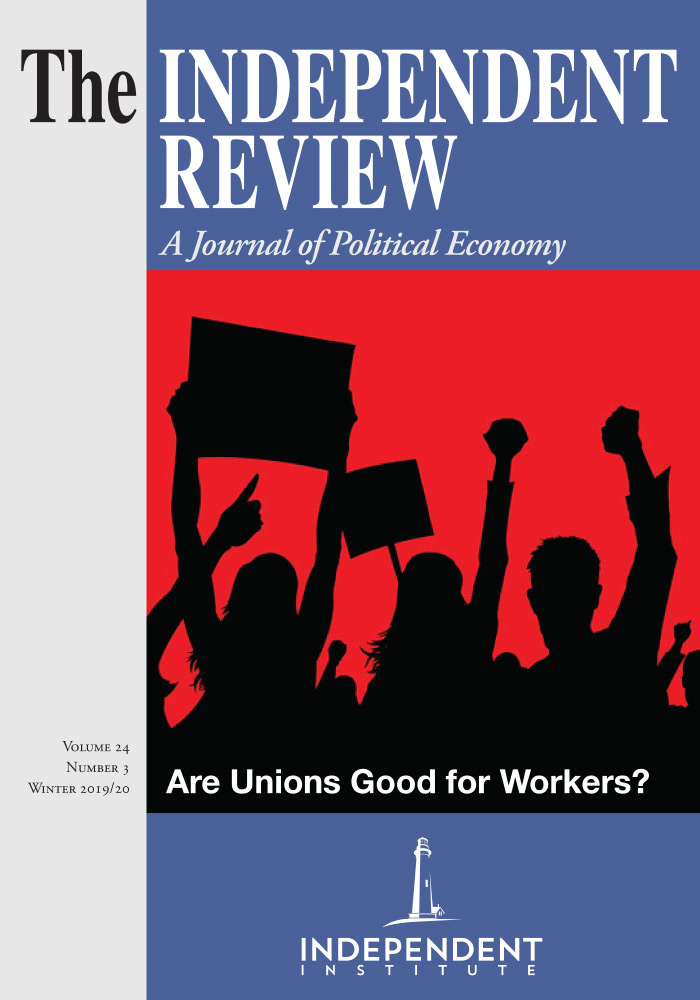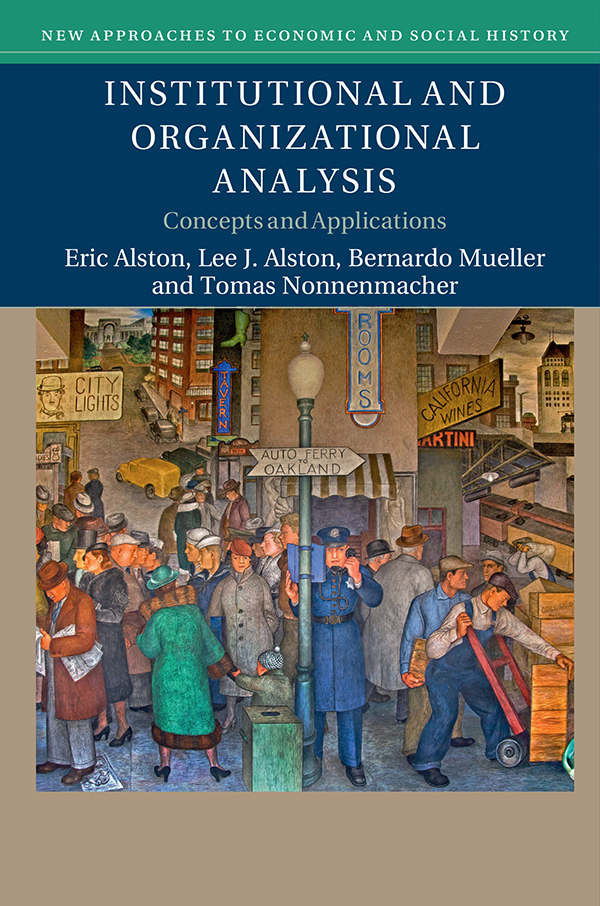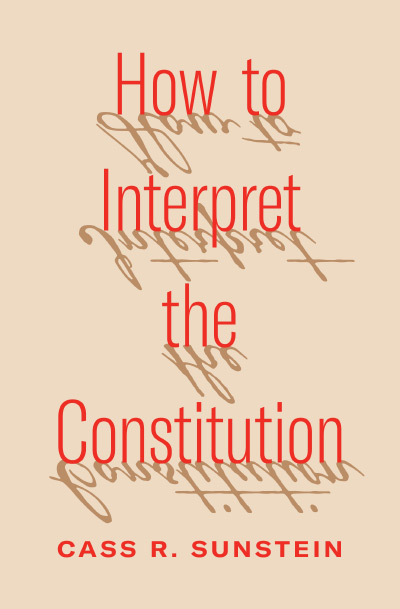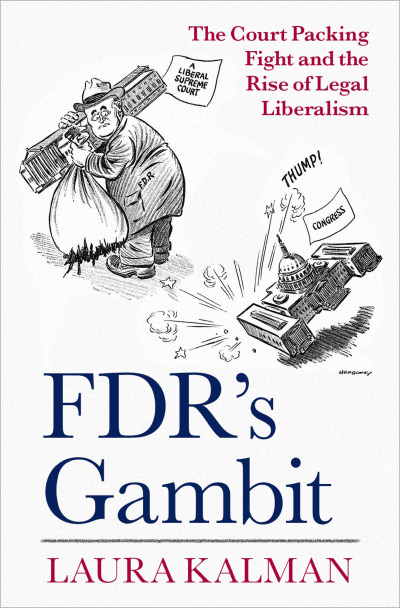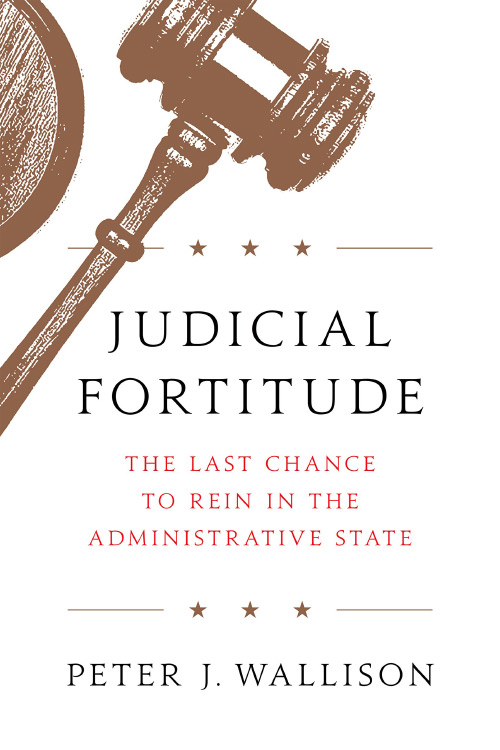Studying institutions is frustrating, not because there is too little literature but because there is too much. I like the Alston, et al. approach to analyzing institutions, but that is likely because I am sympathetic to the assumptions they use to set things up. One might call it “Washington School,” for the body of institutional studies ranging from Robert Higgs and Douglass North at the macro-level to Steven N.S. Cheung and Yoram Barzel at the micro-level. The premise of the approach, to over-simplify, is that institutions are intimately bound up in the problem of transaction costs, reducing them in some cases and fortifying them in others.
The book starts with a standard question for this approach: why are some nations “developed” and others not? This is a little different from the usual question of why some nations are wealthy and others poor in an important way: wealth is a consequence of institutional development, in most cases. So looking at institutions drills down to root causes, rather than effects.
The book has three sections: the first two look at the “normal” operations of market and political systems, and the third considers the puzzle of why nations have such divergent, and persistently divergent, development trajectories. This approach is useful, not because markets are the most fundamental problem, but because the development of market institutions appears to be necessary (though far from sufficient) for effective and widely shared thriving of a society. Property rights, routine legal mechanisms for effecting transfer of such rights, and financial institutions for making assets liquid and therefore rapidly adaptable appear to be the foundation for the development of other kinds of institutional technologies.
As is also characteristic of this approach, the attention is paid to preferences, or more accurately, expectations based on the internalization of norms. The authors use the (interesting) example of littering: disposing of trash outside the legally accepted sites for waste is technically illegal almost everywhere. But the requirements, both legal and practical, for prosecuting littering are formidable. In fact, as Officer Obie discovered in “Alice’s Restaurant,” American blind justice is the norm for such matters, at least at scale. Nonetheless, there have been dramatic, and persistent, reductions in littering rates in the U.S. As Alston, et al. point out, the expansion of “effective” laws against littering should be seen as a consequence of the expansion of a widely-held norm against littering. The insight is that laws not supported by norms are almost completely ineffective, and that laws supported by norms may not have the independent causal impact the careless analyst might attribute to them.
The section on politics partly takes a functional approach, a nod to the “institutions are buildings” view often taught in undergraduate political science classes. The legislature, the executive, the judiciary, and the bureaucracy are all important institutions. But so are citizen beliefs, interest groups, and the internalized norms of deferring to constitutions.
On a larger level, constitutions are a lot like laws against littering: if no one accepts the norms outlined in the constitution, it is ineffective; if everyone believes in those norms, the constitution is largely unnecessary. As the authors note (pp. 255–256), even in the U.S. there is no independent power of the judiciary to investigate and prosecute transgressions by other government agents against rule of law or rights of due process. The court system must rely on administrative deference, and self-control. This factor, the internalization of the norms of the rule of law, are an important part of the answer to the question of why some nations develop and others languish, though it is frustratingly amorphous when it comes to policy prescriptions. Douglass North, one of my dissertation advisers, when asked how a developing nation might mimic the success of the U.S., always answered, “Well, the first thing you’ll need is a different history.”
And that is ultimately the right way to think of institutions, as vexing as that is. In the third section of the book, the authors describe the problem of development as being conditioned on both formal laws and on beliefs and expectations. Over time, beliefs must be allowed to give shape to constitutions, and with a little luck, constitutions must be given a chance to affect beliefs. It’s not easy, and it’s not fast. I expect that the UN or aid agency analyst who wants an answer to the question, “Why do some nations develop?” will find this unsatisfying, even exasperating. But it is important to understand that rules alone do not institutions make.
| Other Independent Review articles by Michael C. Munger | ||
| Spring 2024 | Following Their Leaders: Political Preferences and Public Policy | |
| Spring 2024 | The Origins and Evolution of Consumer Capitalism; Crack-Up Capitalism | |
| Winter 2023/24 | The Classical Liberal Diaspora | |
| [View All (79)] | ||

